By Loretta Fulton
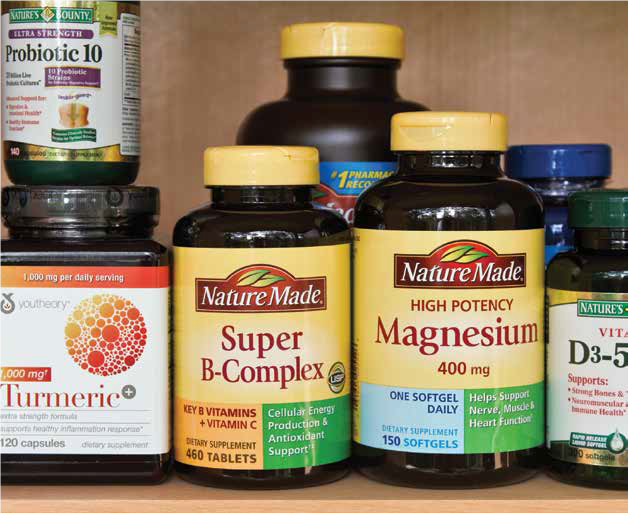
You’re depressed and your best friend swears that St. John’s Wort will get you out of the dumps in no time. Or you’ve gained 10 pounds and that latest weight-loss pill sounds like just the thing that will work this time, after all those others failed.
Before heading to the vitamin and supplement aisles at the grocery or pharmacy, listen to what a couple of Abilene medical professionals have to say.
First, two tips to live by:
- There’s no such thing as a miracle supplement.
- Your mother was right: eat your vegetables.
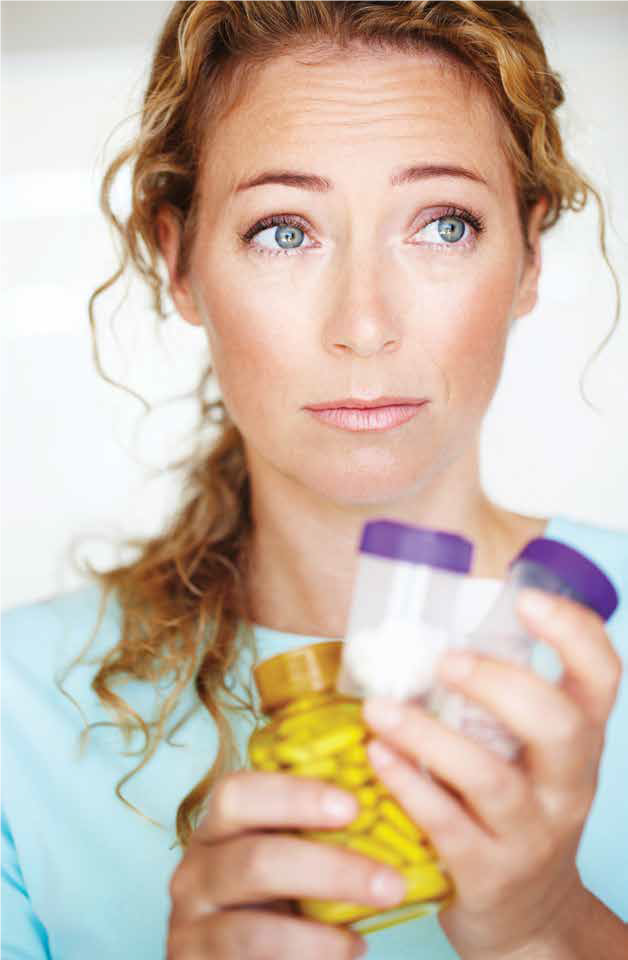
The first tip comes from Trista Bailey, who teaches in the Texas Tech University Health Sciences Center School of Pharmacy Geriatrics Division and also is a consultant pharmacist for nursing homes.
The second is from Greg Young, manager of Hendrick Professional Pharmacy. Both have years of education, knowledge and experience. Both caution against using any vitamins or supplements without doing some research first.
People usually fall into one of two camps when it comes to those products, Bailey said. One camp says that if you eat right, no supplements or vitamins, except perhaps a multi-vitamin, are needed. The other camps says, “Well, they’re not going to hurt anything.”
Bailey takes a daily multi-vitamin herself and believes some vitamins and supplements are safe and beneficial, such as Vitamin D. When considering whether to take anything not prescribed by a doctor, be sure to do some research first, she advises, especially if you’re already taking something else.
“You always want to watch out with drug interactions,” Bailey warned.
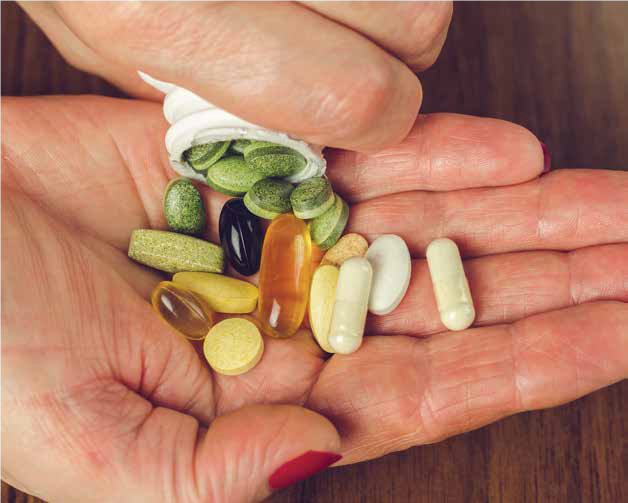
Another word of warning from Bailey is to buy from a reputable source. The vitamin and supplement industry is primarily self-policing.
“We don’t have the literature like we do with our prescription meds,” Bailey noted.
Also, beware of overdosing, even on something labeled “natural.” You can take too much of anything, including calcium and Vitamin C.
Young advises to always check with a physician to find out whether you actually need a vitamin or supplement. It’s a case by case call, he said, depending on overall health, gender, age, etc. Some supplements, if not needed, can be dangerous, he warns. They can pose a bleeding risk, increase blood pressure, and interact with other drugs.
“Just because it’s a natural substance,” Young said, “does not mean it’s safe.”
Two products to always avoid, Young said, are those that claim to prevent diseases and those that boast they will restore energy. Young’s top advice, besides following your mother’s wisdom about vegetables, is to check with a doctor first. Find out if you need a vitamin or supplement before falling for the latest fad.
“You want to be informed before you take something,” Young advised.















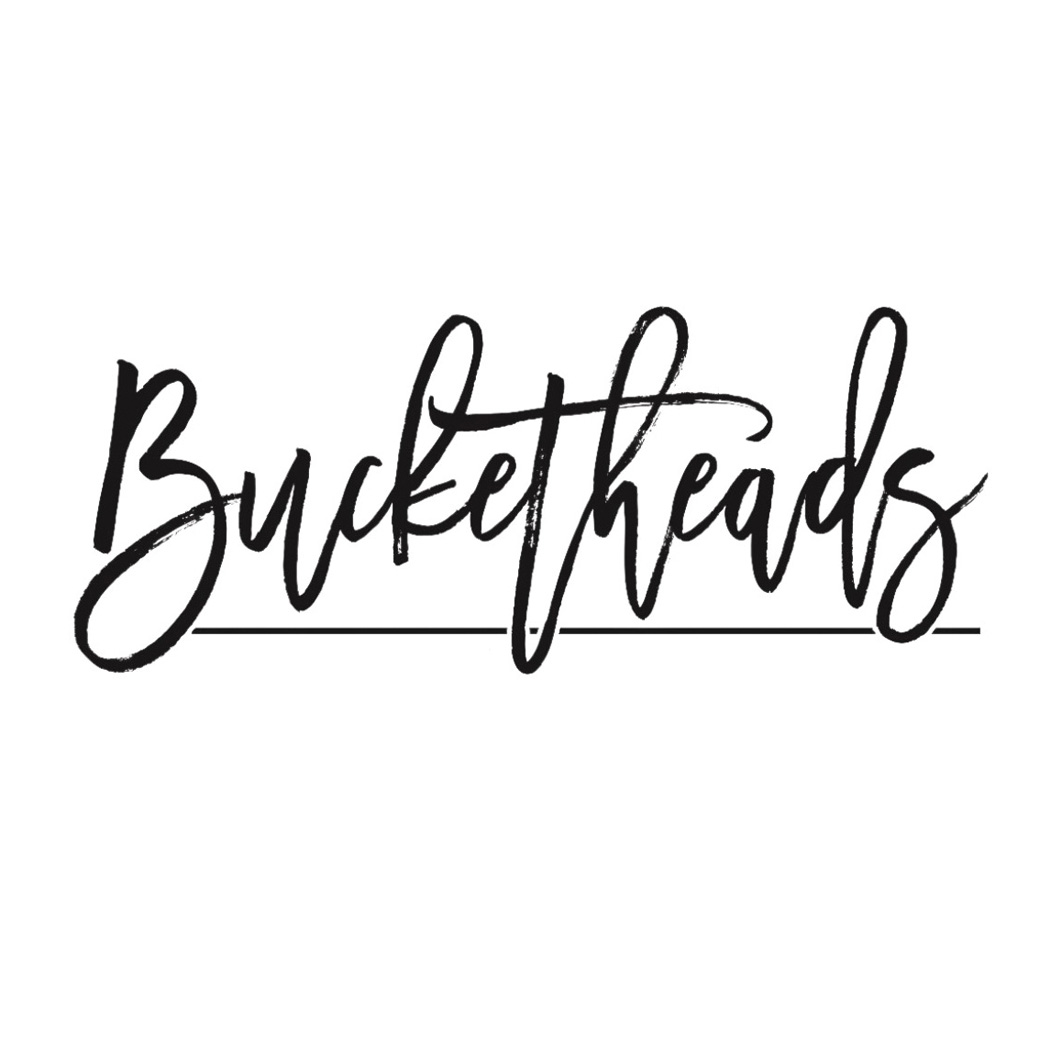
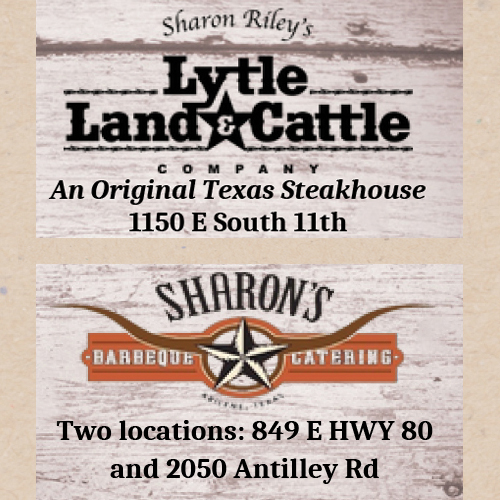




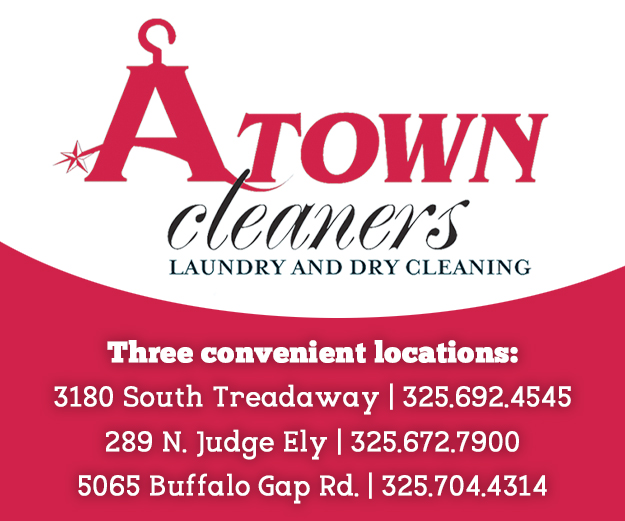

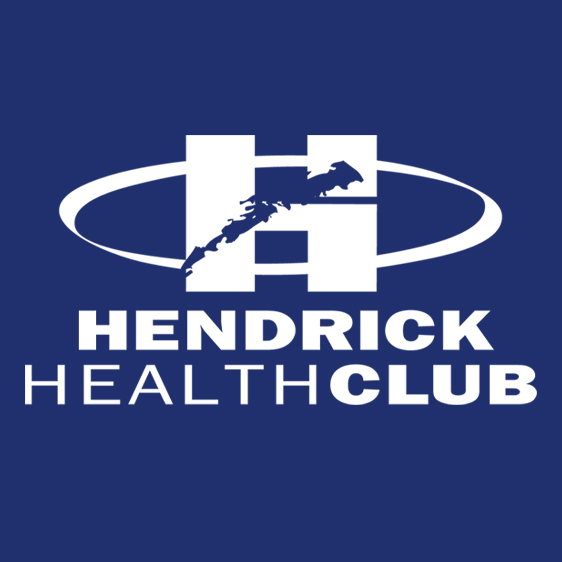

Leave a Reply